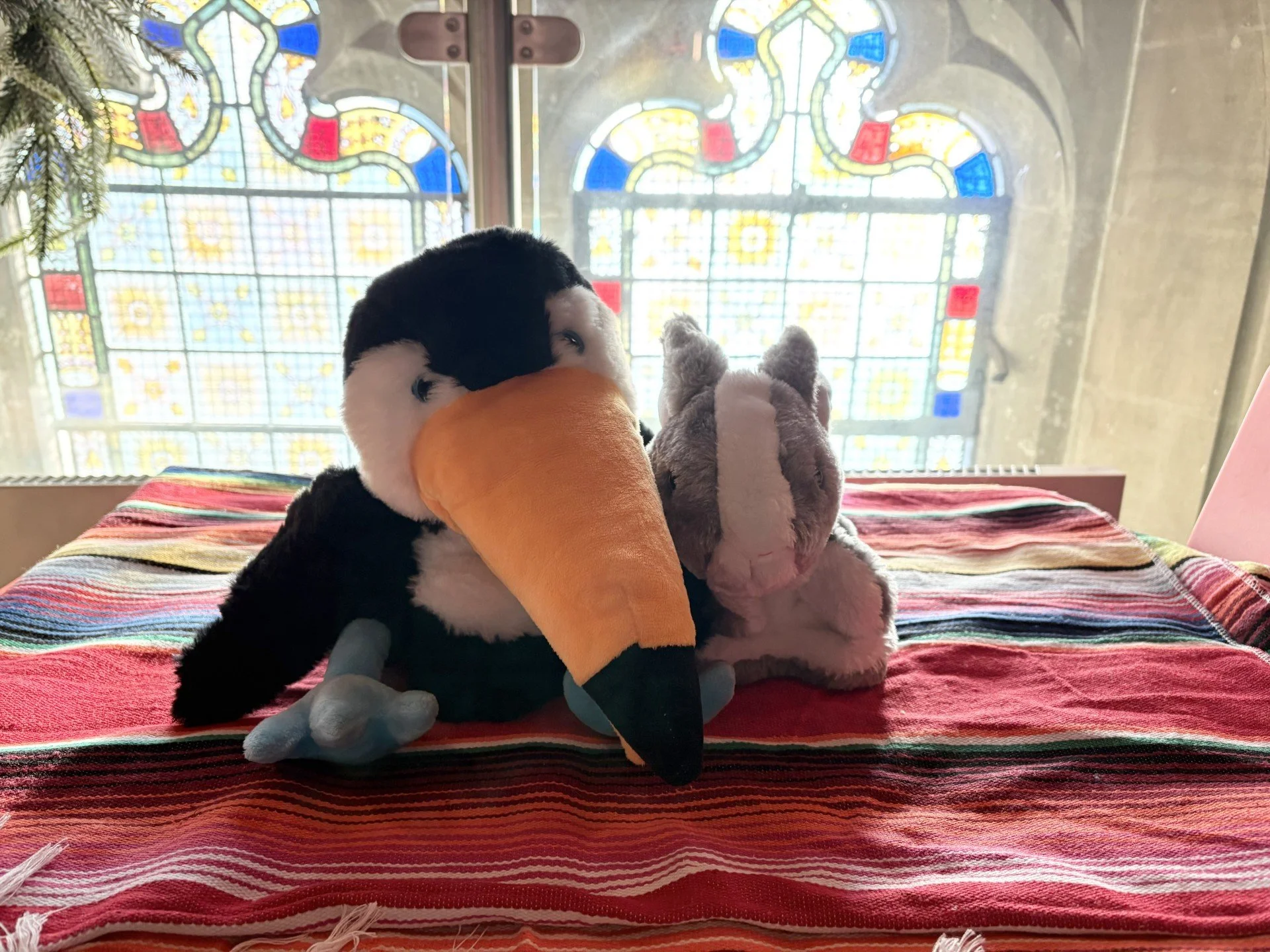
Introducing our Sensory Language Adventure
At KatieB Kids, we are delighted to offer our children in both lower and upper nursery a magical journey into the world of languages through our bespoke programme, “Little Linguists.” This immersive, sensory-rich approach introduces French and Spanish to our young learners in a playful, joyful way, through music, movement, stories, rhymes, and routines.
Our approach at KatieB Kids is guided by a commitment to nurturing children’s curiosity, creativity, and confidence. Little Linguists embodies this ethos by introducing language in a way that is fun, exploratory, and deeply connected to children’s everyday experiences. Through songs, action, adventures, and play, children not only begin to recognise words and rhythms in French and Spanish but also develop a stronger sense of self, empathy for others, and an appreciation for the wider world.

What Makes ‘Little Linguists’ Unique
At KatieB Kids, Little Linguists is designed to grow with your child. For our Bambinos (18–30 months), the programme runs in a rolling 6-week cycle, offering repeated, playful exposure to French and Spanish through bespoke, carefully designed sessions and everyday routines.
Each week has a clear theme, introducing core vocabulary and engaging children in hands-on activities. Week 1 focuses on greetings and names, with songs like “Bateau sur l’eau” in French and “Hola, hola” in Spanish, and puppet interactions with Monsieur Lapin or Thiago el Tucán. Week 2 explores colours through scavenger hunts, painting, and song; Week 3 introduces animals via movement games and familiar songs; Week 4 teaches body parts through interactive songs and sensory play; Week 5 focuses on foods through snack role-play and tasting; and Week 6 celebrates learning with storytime, songs, and puppetry.
The programme extends beyond the sessions. Words and phrases are woven throughout the nursery day, from greetings at arrival to snack-time conversations, outdoor play, and quiet moments, allowing children to practise and consolidate language naturally. This continuous, playful exposure mirrors our approach with Makaton signing, creating a rich, immersive language rich environment that encourages confidence and enjoyment in using a second language.
For Prescolare children (3–5 years), Little Linguists progresses into an 11-week rolling programme for both Acorns and Oaks. Sessions are slightly longer and more structured, expanding vocabulary, exploring simple phrases, and introducing short stories, role-play, and cultural context. Themes build on the vocabulary and concepts learned as toddlers, gradually increasing in complexity and supporting confident use of language in play, conversation, and group activities. For example, children may count from 1–5 in Spanish while matching objects, discuss feelings in French during circle time, or follow simple action commands outdoors.
What makes Little Linguists truly unique is the combination of expertise, connection, and authenticity. Course leader Louise, with a degree in both French and Hispanic Studies and Childhood and Youth Studies, brings deep knowledge of language, culture, and early years pedagogy to the design and implementation of the programme. Course facilitators, Sophie, a native French speaker from Amiens, France, and Angela, a native Spanish speaker from Risaralda, Columbia, provide authentic pronunciation, cultural context, and warmth. Because our educators know the children individually, they can tailor each session to developmental stage and interests, and reinforce language use during everyday play and routines.
The Lifelong Advantages of Bilingual Learning
Through Little Linguists, children are not only introduced to a new language in an age appropriate way, but they also gain a deeper understanding of the world around them. Early exposure to another language nurtures curiosity about other cultures, fostering sensitivity, appreciation, and a natural desire to broaden their horizons. By absorbing the sounds, rhythms, and patterns of new languages, babies and toddlers develop enhanced listening skills and are more able to mimic authentic pronunciation, a foundation that makes learning additional languages easier as they grow.
We know that being bilingual offers children wide-ranging cognitive benefits, including improved problem-solving, memory, focus, and flexibility of thinking. By switching between languages, children strengthen their working memory and ability to recognise patterns, the very skills that also support early mathematical understanding and overall executive function. This builds strong neurological foundations for future academic success. Beyond cognition, speaking another language opens doors to meaningful social connections, from making friends across cultures to travel and future opportunities. Early language learning has even been shown to enhance long-term brain health and build resilience in later life.
By combining this rich cognitive and social development with playful, engaging sessions led by expert and bilingual educators, Little Linguists gives children a head start not only in language, but in confidence, cultural awareness, and inquisitiveness, building a foundation for lifelong learning and the ability to embrace the wider world.
Supporting Children’s Growth Through Language
Learning a second language at nursery goes far beyond words. Children exposed to other languages develop a natural enthusiasm for exploration, greater confidence in communication, and a heightened appreciation and sensitivity toward other cultures. To extend this learning beyond nursery, our team shares “Mini Language Moments” with parents each week, offering simple, playful ideas to practise at home, such as spotting colours in French or singing a favourite Spanish rhyme. By embedding language learning into everyday play, KatieB Kids gives children an early advantage, sparks curiosity about the wider world, and creates joyful experiences they will remember for years to come. Our Little Linguists programme is open to all nursery children and is fully integrated into daily practice, ensuring every child has the opportunity to grow, explore, and thrive through language.


